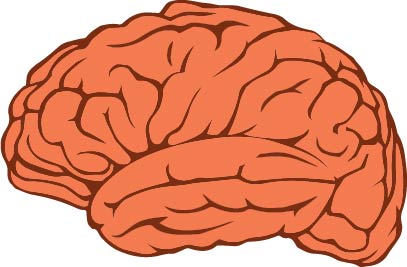Socio-emotional Learning of Students
Panel presents on trauma, mental health and stress response
On March 10, UW-Platteville hosted an online event about the Socio-emotional Learning of Students. The event was hosted by three different organizations: UW-Platteville Academic Affairs, University Counseling Services and the Campus Climate Department.
This hourlong talk touched on various topics that affect the emotional learning of students, as well as these topics’ impact seen on the UW-Platteville campus.
The first speaker, Mandi Wood, touched on the different types of trauma present in our lives and the different effects they have on us. Trauma is defined as “an event or series of events that is experienced” by someone and has a negative impact on their “mental, physical, social or spiritual wellbeing.”
There are four major types of trauma: clinical, every day, collective and transgenerational. The most common type of trauma is everyday trauma which is essentially a response to repeated stressful events that “overwhelm an individual’s ability to cope.” This resonates with a lot of students because of the busy class schedules, homework and exams they face. Collective trauma has also been very present in the last year because of the COVID-19 pandemic. Collective trauma is a sum of trauma experienced by a community. COV-ID-19 has shut down some part of most towns and communities across the United States. The results of this decision have been felt by virtually every person in the United States.
At first, the effects may have been small and handled with relative ease, but as the pandemic dragged on people began to feel the impacts of not being able to go out, socialize and visit places like they normally would. This led to an increase of collective trauma in people’s lives, which in result can also increase everyone’s risk of individual trauma.
The next speaker, Jason D Artz, went over some of the fundamentals on what makes up the brain and the different parts that are responsible for different emotions and reactions to events. He talked about some of the reasons why trauma and other mental health effects are prevalent in today’s world. He said part of it has to do with the world and the evolving society.
He stated, “Our brains are programmed to do what they have always done; our brains haven’t caught up and progressed with the society around us.”
This statement shed some light on how the complex and changing society we live in today can be one of the factors behind increased trauma and other mental health issues.
The third and final part Jodi Moon talks about trauma’s effect on learning and what we can do about it. She talked about the freeze response to traumatic situations and how it leads to an incomplete stress cycle. When we do not properly deal with trauma and stress, it becomes an unending cycle that is very hard to break and can impact our ability to learn and focus.
She shared some numbers collected by the university on how UW-Platteville students have been affected the last couple of years by trauma and stress.
In the fall of 2019, before the pandemic, 35.7% of students reported having depression symptoms and 21.9% reported having mental health impaired academics. In the spring of 2020, around the beginning of the pandemic, 40.9% of students reported having depressive symptoms and 30.5% reported mental health impaired academics. The increase in numbers shows how much the pandemic has affected us as students and people.
Some ways we can help improve our response to trauma and stress are to understand and be aware that they are a part of your life. Acknowledging you have these symptoms is critical to completing the cycle and living a healthier lifestyle.
Seeking help such as counseling can also have a large impact. According to Moon, “You should not feel ashamed about seeking help for your feelings, seeking help doesn’t make you weak; it makes you strong. You are willing to take the first steps towards a healthier and better lifestyle.”
It is important to know that you are not the only one with these feelings and there are others who can relate. I learned a lot about how trauma and stress have an impact on learning and overall health in general as well as some ways to help cure some of those symptoms




